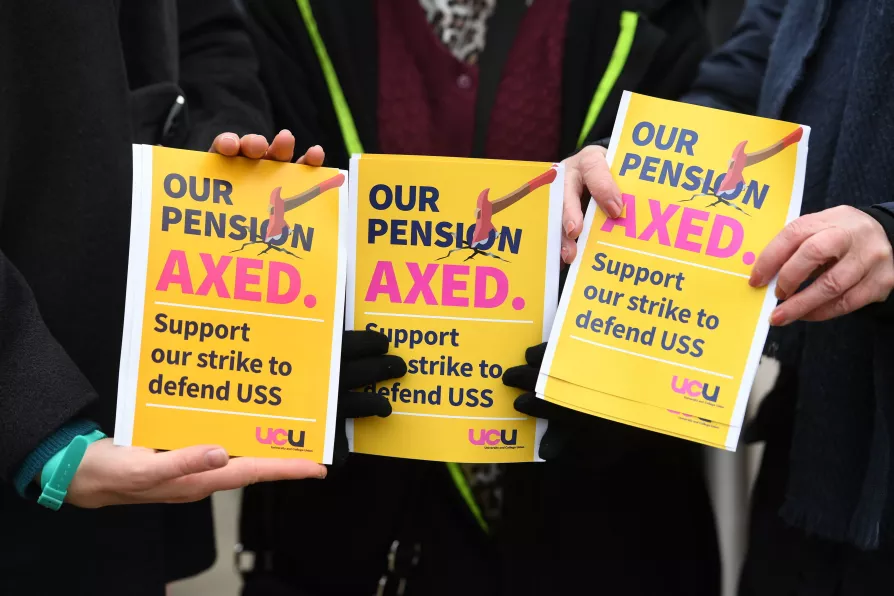As tens of thousands return to the streets for the first national Palestine march of 2026, this movement refuses to be sidelined or silenced, says PETER LEARY


TRADE unions must meet a 50 per cent turnout threshold in a ballot to be permitted to take strike action. This deliberately restrictive legislation can lead to absurd situations.
Consider a union branch with 100 members. If 48 members vote for strike action, and 1 member votes against, a total of 49 votes have been cast. No strike is possible. Instead, if 26 members vote for strike action, and 24 members vote against, then 50 votes have been cast and there is a majority for strike action. So a strike is legal in this second case, even though the strength of support is far weaker.
However, practical issues of striking aside, a more recent strike revolves around statistical arguments. This strike involves scientists and other academics — science doesn’t happen in a vacuum — but it also has wider relevance.
From November 25 until December 4, members of the University and College Union (UCU) have been on strike at universities across Britain. Among other issues such as working conditions and equality, members have been on strike over an ongoing argument about their pensions, most of which are within the Universities Superannuation Scheme (USS). The success or failure of this strike will have huge repercussions for other workers and their pensions.
USS is a huge pensions scheme: in total, its value is estimated to be more than £60bn. The dispute centres around planned contribution increases. These depend on how much USS will need to pay out in the future. If this is predicted to be more than the value of the assets, then the scheme is said to be in “deficit.”

JACK DAVIDSON explains the motivation behind the UCU strike action at the University of Sheffield

What’s behind the stubborn gender gap in Stem disciplines ask ROX MIDDLETON, LIAM SHAW and MIRIAM GAUNTLETT in their column Science and Society

Almost half of universities face deficits, merger mania is taking hold, and massive fee hikes that will lock out working-class students are on the horizon, write RUBEN BRETT, PAUL WHITEHOUSE and DAN GRACE











